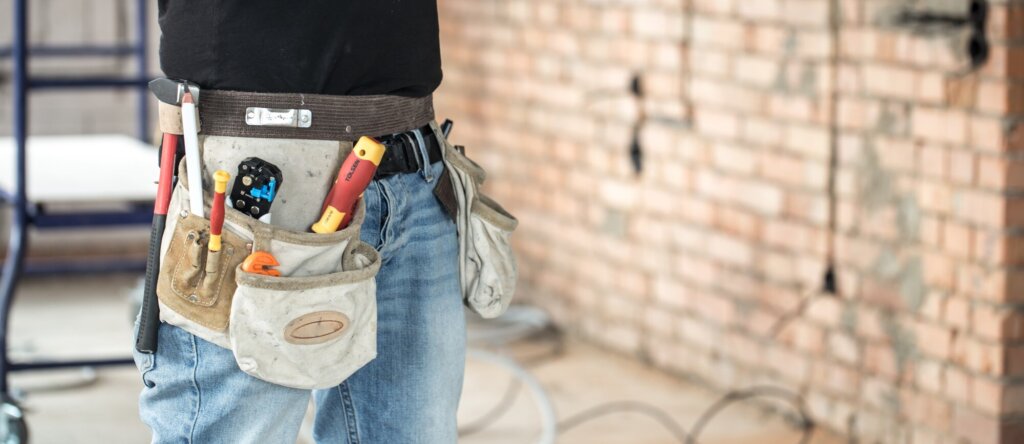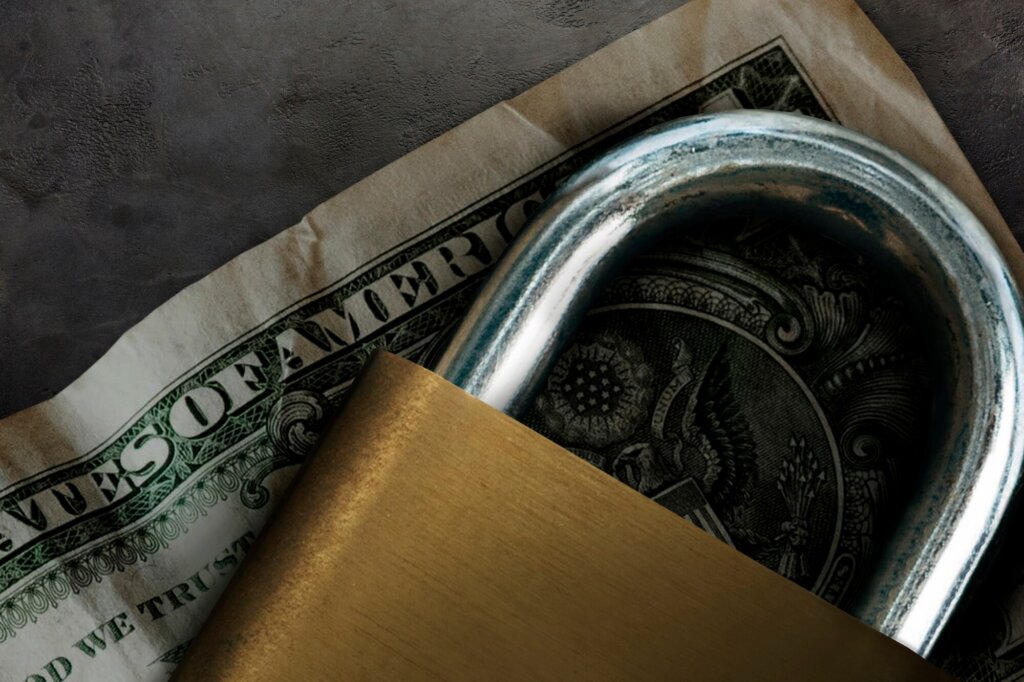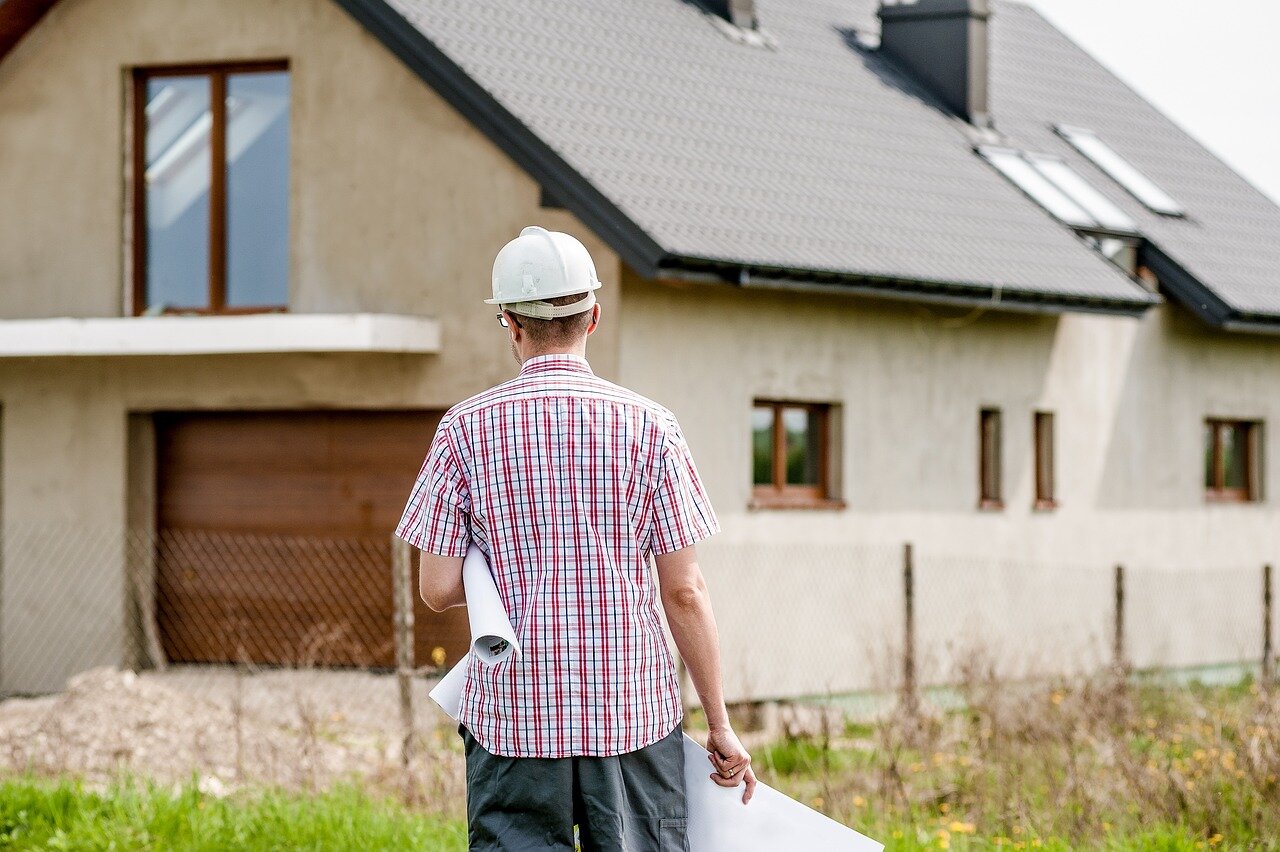When you purchase a home, it is an investment that can reap benefits in the future. It also gives you the responsibility to care for the home. As a renter, you don’t have to worry about the costs and labor of most property repairs because the landlord or property manager will take care of them for you.
However, once you take out a mortgage to purchase a home, its maintenance and upkeep become your burden.
Home repair costs can become expensive. You must address things like preventative maintenance and repair termite damage. It is estimated homeowners spend roughly 1% of the value of a home on repairs and maintenance each year. Let’s discuss the real costs of homeownership and how repairs can drain your budget.
Costs of Homeownership
Owning a home costs more than monthly mortgage premiums. You will also pay for insurance, utilities, and property taxes each month. Another ongoing cost is maintenance. The house’s various components must be maintained as most elements cannot function forever.
Some home maintenance costs, such as mowing the lawn or cleaning out gutters, which are necessary for proper drainage, are predictable. Expenses that catch you by surprise are far more concerning. For example, the estimated cost of mold removal often depends on how much mold there is. However, things like this are necessary to prevent further damage.
Unexpected Home Repair Costs and Their Impact
Unexpected home repairs are significant burdens for homeowners. They can strain finances and cause significant stress for property owners.
Numerous circumstances, including water damage, clogged drains, aging building materials, and outdated systems, can cause unexpected home repair costs. Even a natural disaster could cause a crack in the home’s foundation, forcing you to invest in foundation repairs.
Most Expensive Home Repairs
Home maintenance is a necessary cost when you become a homeowner. Some repairs are more costly than others. Let’s discuss some of the more expensive projects, so you know what issues to look for when caring for your property.

Foundation Repair
Foundation problems can cause homeowners nightmares. Whether your foundation is damaged due to settling, shifting, water damage, or other causes, a foundation repair project costs well over a thousand dollars. Some could be in the $4,500 to $5,400 range. If you spot foundation cracks or other damage, you must take quick action to prevent more expensive damage.
Piering a home, which involves lifting a house on hydraulic piers, can cost between $1,000 and $3,000 per pier. Slab jacking raises concrete slabs by pumping materials underneath them, costing $3-$6 per square foot.
Water can leak into the home via the basement if you don’t address the repair needed. This often results in water damage and mold growth, and a sump pump is required to remove standing water. The cost of water damage will vary widely depending on how much water gets into your home.
Roof Replacement
Roof repairs or replacement can also be expensive. Several factors will influence the cost, including the extent of the roof repair, whether you’re getting a roof replacement, the roofing material used, and the labor cost for the contractor. Repairing a few missing shingles is considered normal wear and tear and is significantly cheaper than a new metal roof.
This is another common issue that should be addressed immediately to prevent long-term damage to the rest of the home. If you ever spot a roof leak or a problem with shingles’ integrity, contact a roof repair expert immediately. You should also consider a new gutter system. A broken gutter system can result in poor drainage, peeling paint, flooded basements, and more.
HVAC System Replacement
HVAC systems are essential in maintaining a comfortable environment and providing heating, ventilation, and air conditioning for the interiors. Replacing major components of the HVAC system will be costly.
Depending on the model and labor cost, replacing a furnace or boiler could cost several thousand dollars or well over $10,000. A new air conditioning unit may cost $6,000. Ductwork replacement costs vary from $10 to $35 per linear foot of duct, so an HVAC replacement in a bigger home will cost more.
Plumbing Problems
The house’s plumbing system controls all the water on the property. Repairs can be costly if you experience plumbing issues, such as sewage backups or burst pipes. You may have to pay for mold remediation services. Mold remediation is crucial if you have a leaking pipe. It’s best to have regular inspections to keep water pipes in tip-top shape to prevent problems.
A septic system repair or replacement could average around $4,000, but you could spend a few hundred on minor repairs or much more for a total replacement. A new septic tank, for example, may cost $6,000. For the water line, you might pay an average cost between $500 and $1,500.
All plumbing issues should be dealt with immediately upon discovery. A sewage backup is a common indicator of a problem with your septic system.
Electrical System Issues
If the home needs electrical repairs, your bank account will suffer, especially for more extensive electrical issues. Rewiring the house is one of the most significant projects involving electrical systems and may cost $7,000-$10,000. An electrical panel upgrade could be roughly $1,500. The costs could vary if the home has an electrical system code violation.
Preventing Costly Home Repairs
While the most expensive home repairs are often necessary for homeowners, there are measures you can take to prevent them or reduce their impact. Preventative measures can prolong the life of your home’s components. Here are a few strategies a responsible homeowner can implement to prevent the costliest problems.
Regular Maintenance and Inspections
Regular maintenance and inspections can prevent major repairs. If your home has complex systems running, consult the user’s manual or research manufacturer recommendations for upkeep guidelines.
Schedule regular inspections from contractors who understand the property’s various components. Make timely repairs and follow all manufacturing recommendations to prolong the life of these systems and prevent the most expensive home repairs.
Addressing Minor Issues Promptly
Even if a minor issue arises, you should address it immediately. Major home repairs occur when smaller problems are not addressed. For example, if you notice a few missing or damaged shingles on the roof, ignoring this could result in a larger problem in the future.
Dealing with Expensive Home Repairs
Whether you are facing mold removal, water heater repairs, sewer line issues, or termite damage, these expensive problems must be addressed promptly. Unfortunately, many homeowners struggle to pay for these repairs. Here are some tips for handling costly repairs.

Homeowner’s Insurance
You should always consult your homeowners’ insurance policy first. Many items on your home repair costs list may be covered by your policy, reducing or eliminating the cost. For example, damage caused by storms or fires is often covered by these policies.
Financing Options
In some cases, you could seek financing solutions to pay for these repairs. If you cannot afford the cost with cash, consider one of the following financing strategies to acquire the funding you need.
Home Equity Loans
You could take out a home equity loan to cover the cost of the damage and pay it back over time with interest. The more equity you have, the more you can borrow. This money could help pay for damage from water leaks, mold growth, sewer line breaks, a leaky pipe, or other issues.
Personal Loans
A personal loan can accomplish the same objective as a home equity loan. These loans can be used for anything, from home improvement projects to termite inspection costs to repairing minor cracks in the foundation.
Government Programs
Some government programs exist specifically for homeowners facing high costs. These initiatives could be used to pay for preventative maintenance or to fund repair projects. The Department of Housing and Urban Development provides several programs for this.
Selling Your Home As-Is
One solution most homeowners rarely consider is selling their properties to cash home buyers. Usually, these firms will take property as is, which means you don’t have to invest in massive repairs to appeal to a picky buyer. A cash buyer may still make an offer for your property.
The Benefits of a Cash Home Buyer
Selling to cash home buyers is a great solution for sellers under challenging situations. No matter what condition your home is in, many of these companies will still make cash offers. Here are some of the benefits of selling to a cash home buyer.
No Need for Repairs
Rather than spend tens of thousands of dollars on repairs to entice a typical buyer, you can sell your home to a cash buyer in any condition. Remove the burden of these repairs from your shoulders and let the investor take care of them after the purchase.
Fast and Convenient Sale
Cash buyers offer speedy transactions since they don’t have to secure financing. Instead of waiting months for a buyer to secure a mortgage, you can close a deal within a few weeks to put this issue out of sight and out of mind.
No Fees or Commissions
Since you don’t need a real estate agent to sell to a cash home buyer, you can save thousands of dollars on commission costs. When you sell to A-List Properties, for example, closing costs are greatly reduced because our firm will cover them. If you are facing intense repairs and just want to sell your home quickly for cash, call us today at 972-526-7042 or complete the online form for more information.

Zach Shelley
Zach Shelley is a seasoned real estate investor with a diverse network spanning across the nation. As the founder of his own real estate venture, Zach is committed to offering innovative solutions to homeowners facing various real estate challenges.. Through his dedication and strategic approach, Zach continues to make a significant impact in the real estate industry, providing homeowners with alternative pathways to navigate their property transactions.



